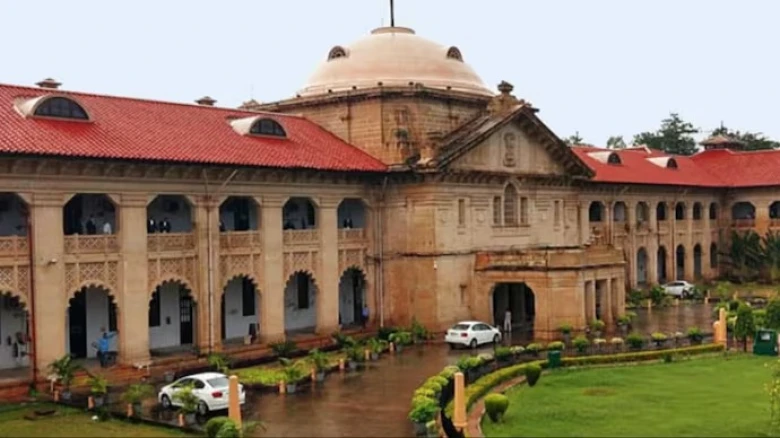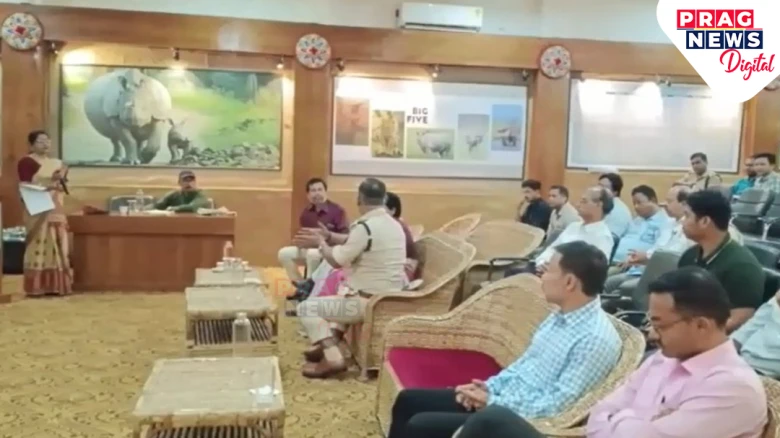The HC emphasized that if such conversions are allowed to persist unchecked, they could drastically alter the demographic fabric of the nation...
Digital Desk: The Allahabad High Court has raised serious concerns about the increasing instances of religious conversions during gatherings, warning that continued trends could lead to the majority population of India becoming a minority. Justice Rohit Ranjan Agarwal made these remarks while rejecting the bail plea of Kailash, who was accused of converting a group of Hindus from a village to Christianity.
According to reports from Bar and Bench, the High Court emphasized that if such conversions are allowed to persist unchecked, they could drastically alter the demographic fabric of the nation. It called for an immediate halt to religious congregations where conversions are actively promoted, citing these activities as a direct infringement on the right to religious freedom guaranteed under Article 25 of the Constitution.
Article 25 grants individuals the freedom to profess, practice, and propagate their religion, subject to certain restrictions. The court clarified that propagation should aim to promote one's religion without forcibly converting individuals from their current faith.
The case against Kailash involved allegations that he took advantage of a vulnerable situation, allegedly converting villagers, including a mentally ill person, during an event in Delhi. The FIR filed against him highlighted promises of medical treatment and financial incentives in exchange for conversions, leading to a criminal complaint by local residents.
Given the gravity of the allegations and the potential impact on communal harmony, the court denied bail to Kailash, underscoring the need for stringent scrutiny and regulation of religious conversion activities across the country.
This ruling from the Allahabad High Court underscores the delicate balance between religious freedom and the prevention of coerced conversions, reflecting broader debates and legal interpretations surrounding religious practices in India today.








Leave A Comment